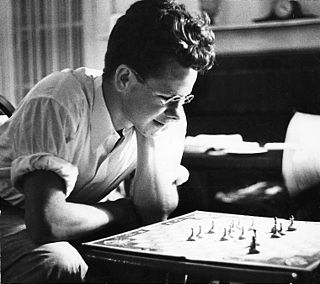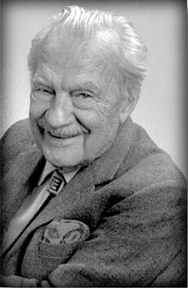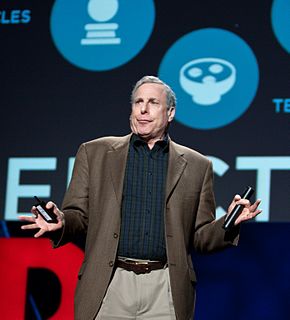A Quote by J. Robert Oppenheimer
The powerful notion of entropy, which comes from a very special branch of physics … is certainly useful in the study of communication and quite helpful when applied in the theory of language.
Related Quotes
The theory of medicine, therefore, presents what is useful in thought, but does not indicate how it is to be applied in practice-the mode of operation of these principles. The theory, when mastered, gives us a certain kind of knowledge. Thus we say, for example, there are three forms of fevers and nine constitutions. The practice of medicine is not the work which the physician carries out, but is that branch of medical knowledge which, when acquired, enables one to form an opinion upon which to base the proper plan of treatment.
But, contrary to the lady's prejudices about the engineering profession, the fact is that quite some time ago the tables were turned between theory and applications in the physical sciences. Since World War II the discoveries that have changed the world are not made so much in lofty halls of theoretical physics as in the less-noticed labs of engineering and experimental physics. The roles of pure and applied science have been reversed; they are no longer what they were in the golden age of physics, in the age of Einstein, Schrödinger, Fermi and Dirac.
One of the most exciting things about dark energy is that it seems to live at the very nexus of two of our most successful theories of physics: quantum mechanics, which explains the physics of the small, and Einstein's Theory of General Relativity, which explains the physics of the large, including gravity.
Many people believe letters the most personal and revealing form of communication. In them, we expect to find the charmer at his nap, slumped, open-mouthed, profoundly himself without thought for appearances. Yet, this is not quite true. Letters are above all useful as a means of expressing the ideal self; and no other method of communication is quite so good for this purpose. In conversation, those uneasy eyes upon you, those lips ready with an emendation before you have begun to speak, are a powerful deterrent to unreality, even to hope.
It is naïve to suppose that the acceptance of evolution theory depends upon the evidence of a number of so-called "proofs"; it depends rather upon the fact that the evolutionary theory permeates and supports every branch of biological science, much as the notion of the roundness of the earth underlies all geodesy and all cosmological theories on which the shape of the earth has a bearing. Thus antievolutionism is of the same stature as flat-earthism.
The notion that "applied" knowledge is somehow less worthy than "pure" knowledge, was natural to a society in which all useful work was performed by slaves and serfs, and in which industry was controlled by the models set by custom rather than by intelligence. Science, or the highest knowing, was then identified with pure theorizing, apart from all application in the uses of life; and knowledge relating to useful arts suffered the stigma attaching to the classes who engaged in them.




































